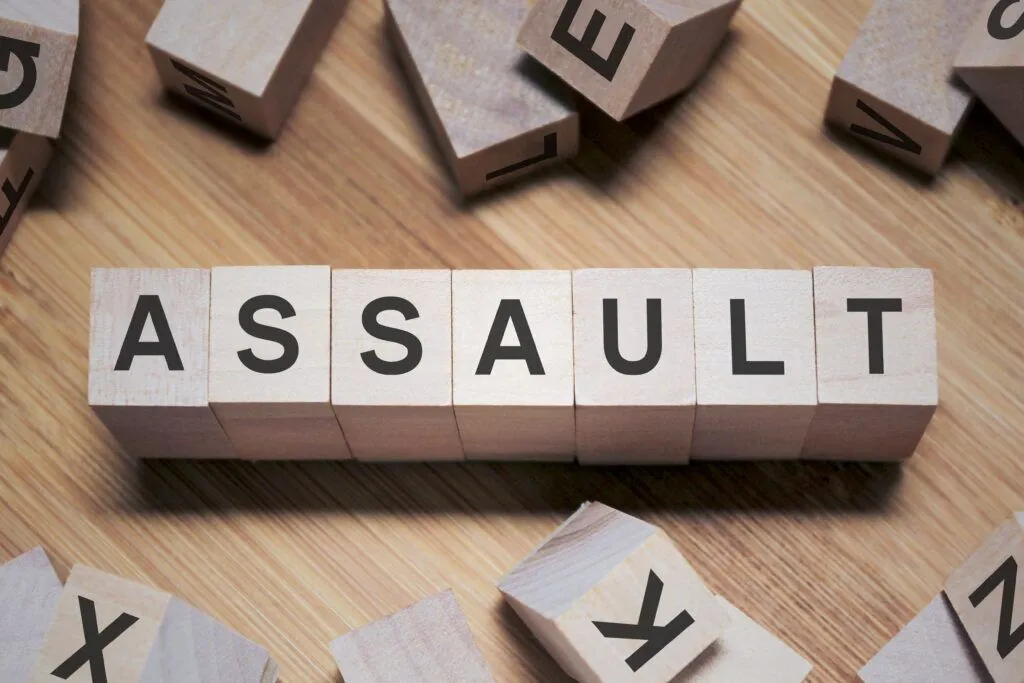Understanding Your Rights as a Victim of Assault
As a victim of assault in Texas, it's crucial to understand your legal rights and the protections available to you. The law provides various avenues for victims to seek justice and support, including the right to file a police report and pursue criminal charges against the assailant.
Victims can also access resources such as victim advocacy programs, which offer assistance in navigating the legal process, emotional support, and information about compensation programs. Understanding these rights empowers victims to take control of their situation and seek the help they need.
Steps to Take After an Assault Incident
After experiencing an assault, knowing the immediate steps to take can significantly impact your safety and legal outcomes. First and foremost, ensure your safety by moving to a secure location and contacting law enforcement to report the incident.
Additionally, it is advisable to seek medical attention, even if injuries are not immediately apparent. Medical documentation can play a vital role in any legal proceedings. Collecting evidence, such as photographs and witness statements, can also strengthen your case moving forward.
Legal Consequences of Assault Charges in Texas
Assault charges in Texas can lead to serious legal consequences, including fines and imprisonment. The severity of the penalties often depends on the classification of the assault, which can range from misdemeanor to felony charges based on factors like the level of injury inflicted and the use of weapons.
Understanding the potential outcomes of assault charges is essential for both victims and defendants. Legal representation can help navigate the complexities of the criminal justice system and advocate for the best possible outcomes.
Resources for Assault Victims in Texas
Texas offers a variety of resources to support victims of assault, including hotlines, counseling services, and legal aid. Organizations like the Texas Council on Family Violence provide critical support and information about available services, ensuring victims can find the help they need.
Moreover, local shelters and advocacy groups can assist with immediate safety needs and long-term recovery plans. Familiarizing yourself with these resources can provide essential support during a challenging time.

